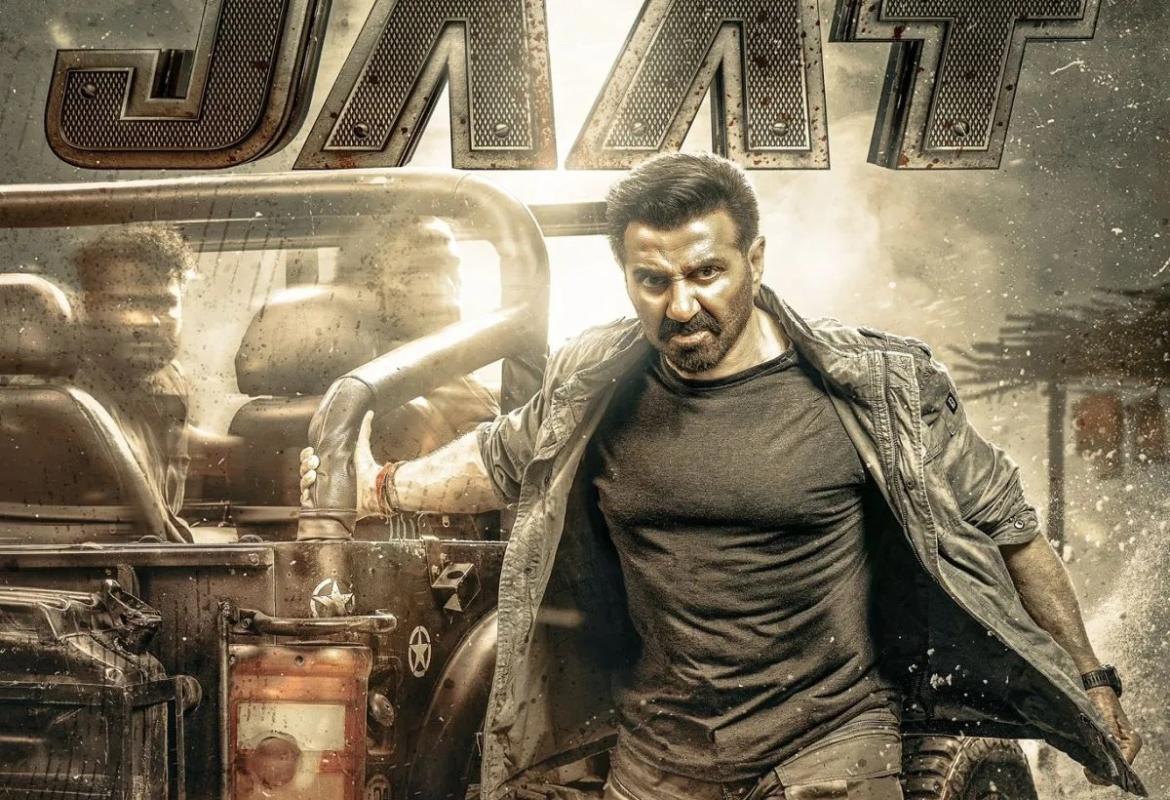The recent appointment of retired Supreme Court Judge, C.V Wigneswaran, as the Tamil National Alliance's Chief Ministerial candidate for the Northern Provincial Council election, has been widely welcomed by many within the Tamil nation, the Sinhala nation and the international community. Even those that argue the Northern Provincial Council or the 13th Amendment is futile – as it will not be able to halt the Sinhala colonisation or land grab under way present, let alone tangibly contribute towards the Tamil nation's demand for accountability, justice and the right to self-determination – are supportive of the TNA's decision to field a candidate of Wigneswaran's calibre. However in the weeks that have passed, what was almost unanimous support, is now a slightly apprehensive one. In amongst an array of contentious remarks, Wigneswaran's comments regarding the diaspora and its role within the long-standing conflict and Tamil struggle against oppression, are cause for concern.
Endorsing the labelling of the diaspora as “inflexible and dogmatic” in an interview, Wigneswaran recently commented,
"They [diaspora] would like me also to take up their cause and the rest of it. These don't concern me whether it is self-determination, separation, this or that This is a long term plan. I am talking about short term plans.."
"My point is, look, you keep your views to yourself. So let me do a service to the people that are suffering. So let me do my work. You go on talking what you want to talk. I am not concerned."
Such views, emblematic of his recent comments regarding the diaspora, made in his capacity within the TNA, are deeply troubling. Not only does it seek to alienate the diaspora from Tamils in the North-East as 'disconnected' and thereby ignorant, but by telling the diaspora to "keep your views to yourselves" and labelling their work as "their own cause," the TNA effectively disembodies the diaspora from their family and the Eelam Tamil nation.
